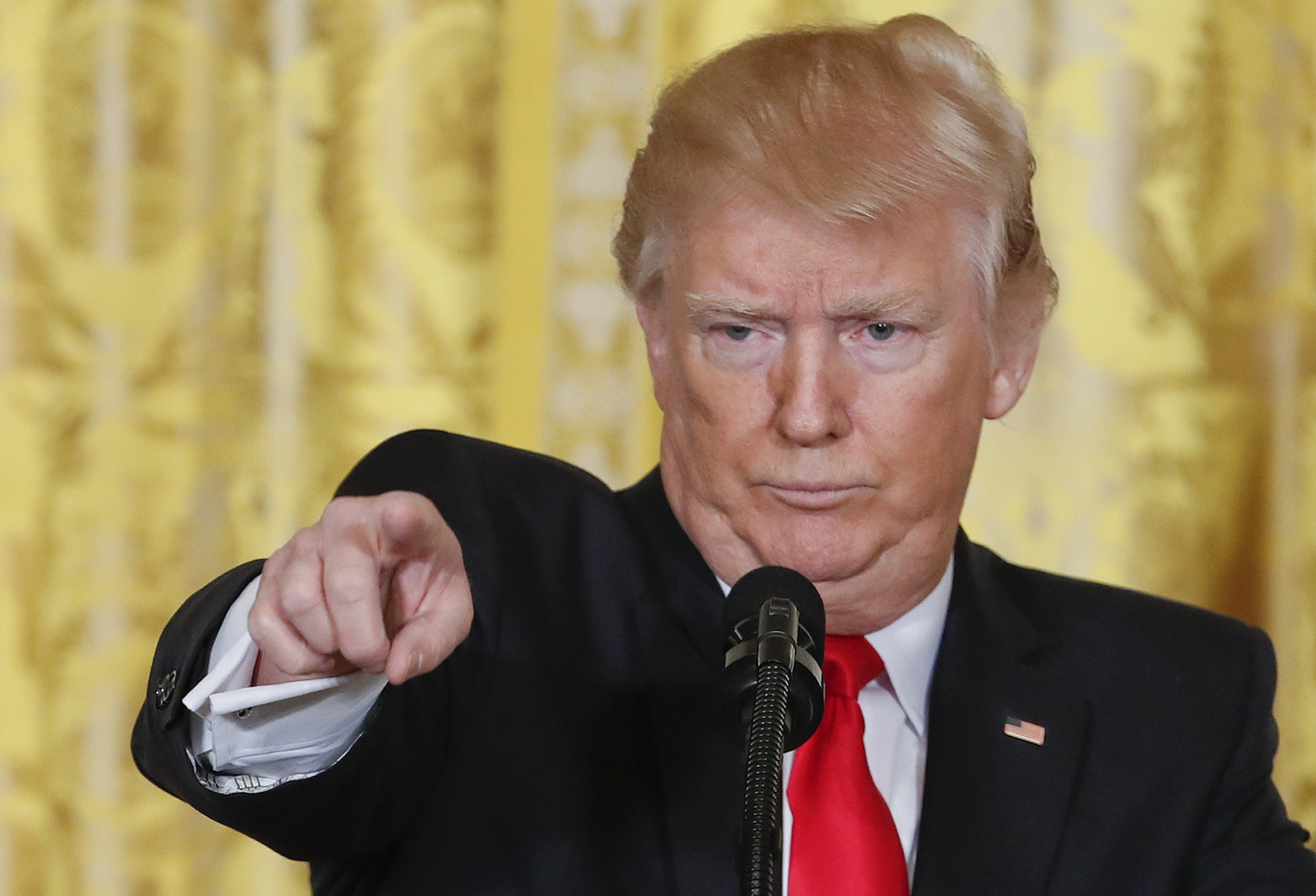'In the long-run, US protectionism is a bigger risk to Ireland than Brexit'
There are major risks – but also opportunities – for the Irish state in the changing political landscape.
IRELAND HAS CAREFULLY developed and benefitted from an open, business friendly economic approach for over 50 years. Our economic story is one of a clear strategy of developing people, infrastructure and resources to play a role in the global economy in a range of key sectors.
However, the world around us is changing – both quickly and fundamentally. The last year has seen the unanticipated decision by the UK to leave the EU, the election of an avowedly protectionist US administration and the adoption of a pro-globalisation stance by the Chinese premier.
Within the European Union, the challenge of how best to order the taxation of multinational corporations remains a significant debate and one which will undoubtedly impact the economy of Ireland.
None of these is a universal positive or negative for Ireland. Neither is the die cast on ultimate outcomes. We are in a period of change and the challenge for Ireland is to choose how best to orientate our open approach within a changed landscape.
The risks are clear, and while we naturally tend to focus on the downside of any potential change, it’s important to balance it with the opportunities presented.
Brexit and the Trump effect
When it comes to Brexit, the potential shape of the exit arrangement poses risks of cross-border tariffs, increased regulatory drag and adverse sterling movements for Irish export businesses. Agribusiness, logistics and tourism stand as particularly challenged sectors.
On the positive side, a ‘hard’ Brexit will provide us with significant FDI opportunities in a number of sectors – including a strategically important opportunity in the financial services sector.
In my view, the risk to foreign direct investment (FDI) posed by US protectionism is a bigger risk to the Irish economy than Brexit in the long run.
There is no doubt that significant reductions in the US corporate tax rate will reduce the incentive for companies to locate activities outside the US, including in Ireland.
A generally more protectionist approach will also impact global trade, with potentially adverse effects for many countries, including Ireland.
Our dependence on US FDI is illustrated in the flows of direct investment into Ireland. Over 140,000 people are employed by US companies in Ireland and they also contribute significantly to the Exchequer.
Opportunities
Nonetheless, there is opportunity for Ireland as well. We have an excellent relationship with the US and may be in a position to continue to trade on good terms, even if the overall framework is more restrictive.
We remain part of the largest comprehensive trading block in the world and can do much to explore further the opportunities that our EU sister nations offer as trading partners. We also have many opportunities in Africa, Asia and South America, and internationally excellent relationships to build upon.
Most importantly, we have the infrastructure – through IDA, Enterprise Ireland, comprehensive tax treaties, and numerous institutional and corporate networks – to continue to trade effectively in goods and services throughout the world.
It is also important to acknowledge that we have time to react and plan. In the short-term, the sunk costs of existing multinationals based in Ireland mean that our FDI economy would be slowly changed rather than seeing a dramatic rush to the exit.
Now is the time to refocus our energies on competitiveness and on developing and communicating other incentives to make Ireland an attractive investment location for investors from the US and elsewhere.
A new world order
Businesses and economies will have to adjust to a new economic order in the coming years. The rules of the game will be different to those we have grown used to over the past 30 years.
It will no doubt be a tough adjustment for many businesses and economies, particularly for those of us who have significant relationships with the US.
It is clear that the US will be more protectionist than it has been for a very, very long time, and I suspect it will not have a particularly special relationship with any European country, including the UK, in the mid-term.
The impact of Brexit on some sectors – notably agribusiness – will also be very significant in the short-term. Government, both here and in Brussels, needs to plan for this and support businesses in dealing with these challenges.
The important thing for Ireland in the long-term will be to work constructively at adapting our current business friendly model to one that serves us well in the new environment.
Mark Kennedy is managing partner at Mazars.
If you want to share your opinion, advice or story, email opinion@fora.ie.






